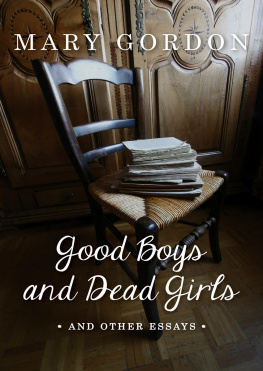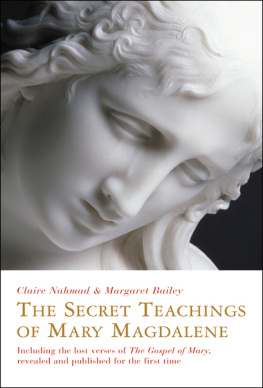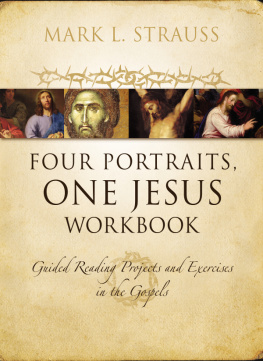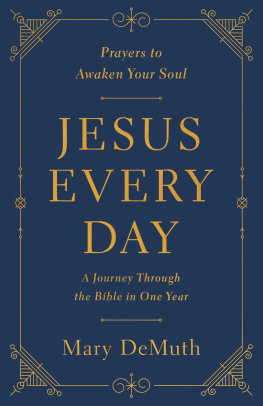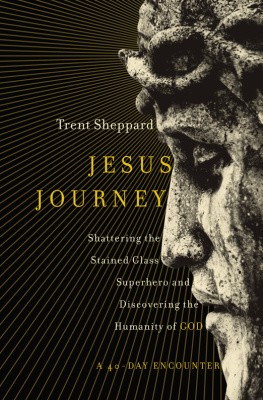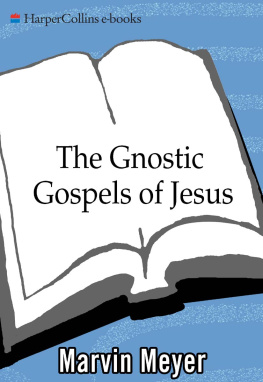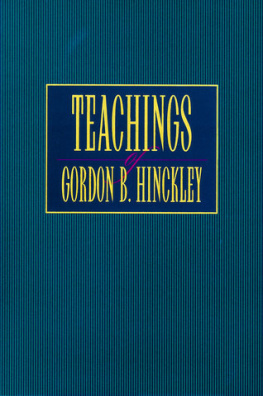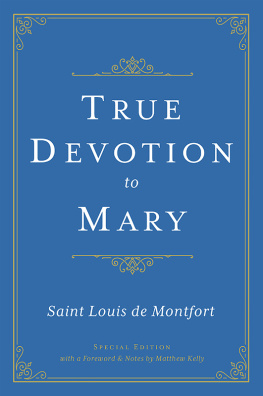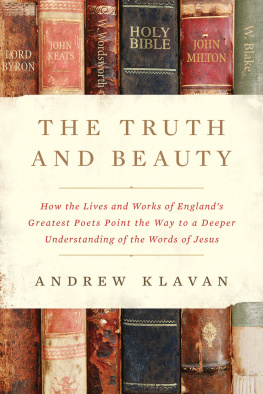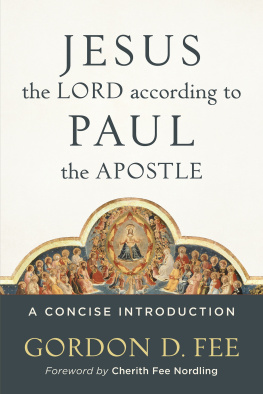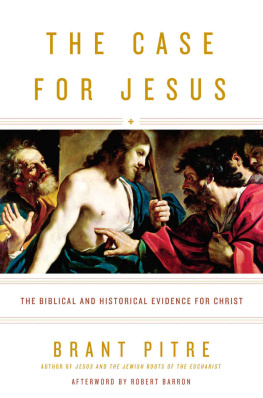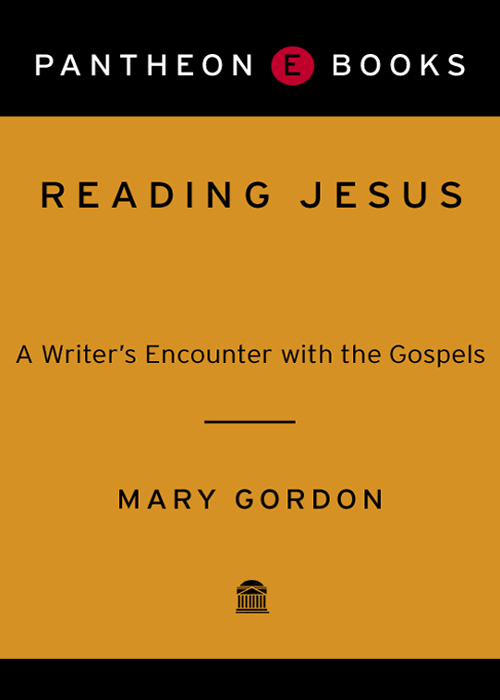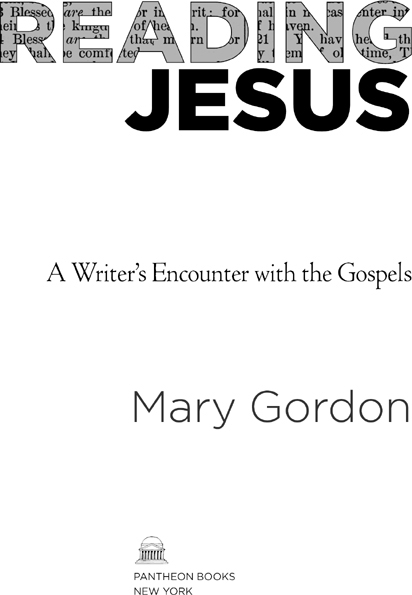ALSO BY MARY GORDON
FICTION
The Stories of Mary Gordon
Pearl
Final Payments
The Company of Women
Men and Angels
Temporary Shelter
The Other Side
The Rest of Life
Spending
NONFICTION
Circling My Mother
Good Boys and Dead Girls
The Shadow Man
Seeing Through Places
Joan of Arc
Copyright 2009 by Mary Gordon
All rights reserved. Published in the United States by Pantheon Books, a division of Random House, Inc., New York, and in Canada by Random House of Canada Limited, Toronto.
Pantheon Books and colophon are registered trademarks of Random House, Inc.
Grateful acknowledgment is made to the following for permission to reprint previously published material:
Harvard University Press: I dwell in possibility and Renunciation is a piercing virtue from The Poems of Emily Dickinson, edited by Thomas H. Johnson, copyright 1951, 1955, 1979, 1983 by the President and Fellows of Harvard College (Cambridge, Mass.: The Belknap Press of Harvard University Press). Reprinted by permission of Harvard University Press and the Trustees of Amherst College.
New Directions Publishing Corp.: Excerpts from St. Thomas Didymus from A Door in the Hive by Denise Levertov, copyright 1989 by Denise Levertov. Reprinted by permission of New Directions Publishing Corp.
Oxford University Press: Excerpt from The Habit of Perfection from Poems by Gerard Manley Hopkins (New York: Oxford University Press, 1970). Reprinted by permission of Oxford University Press, on behalf of The British Province of the Society of Jesus.
Library of Congress Cataloging-in-Publication Data
Gordon, Mary, [date]
Reading Jesus : a writers encounter with the
Gospels / Mary Gordon.
p. cm.
1. Jesus ChristPerson and offices. 2. Bible. N.T.
GospelsCriticism, interpretation, etc. I. Title.
BT205.G67 2009
232dc22
2009004975
Ebook ISBN9780307378590
www.pantheonbooks.com
v3.0_r1
For my son, David, who seeks
Contents
I
II
III
I dwell in Possibility
A fairer House than Prose
More numerous of Windows
Superiorfor Doors
Of Chambers as the Cedars
Impregnable of Eye
And for an Everlasting Roof
The Gambrels of the Sky
Of Visitorsthe fairest
For OccupationThis
The spreading wide my narrow Hands
To gather Paradise
E MILY D ICKINSON

I NSTEAD of giving a firm foundation for setting the conscience of man at rest forever, Thou didst choose all that is exceptional, vague and enigmatic.
F YODOR D OSTOYEVSKY, The Brothers Karamazov
Introduction
I AM IN A N EW Y ORK C ITY TAXI. It is rush hour, and the traffic is at a standstill: even the slightest movement has no chance of taking place. The driver, an African American whom I take to be in his sixtieshe has a neatly clipped silvery moustache and is wearing a gray tweed capturns on the radio. I hear the voice of a religious broadcasterthe tone itself makes me uneasythe misapprehended, mislearned overelegance that takes the polish of an older age, a polish that, when well done, inspired confidence, and turns it stentorian. Instead of feeling secure, as I did when I heard the voice of Edward R. Murrow or Walter Cronkite, I am on my guard. Im going to be sold something, and the product is inferior: a car I dont want, with a new paint job and shiny grillwork and an engine that will break down on the highway at midnight, leaving me stranded, in danger, and alone. More: there seems to be something slightly sexually perverse in the unctuousnessas if I were about to be kidnapped and will find myself, awake after a drug-induced coma, in involuntary servitude in a brothel in one of the worlds hot, damp, historically failed colonial outposts. The broadcaster is talking about Jesus. Pick up your book, he says, and read the words along with me.
Then he begins speaking, or rather, shouting, about how at the end of the world Jesus will come in fire, separating the sheep from the goats. He is literally quoting chapter and verse: Matthew 25:3133. They happen to be chapters and verses Im familiar withthe words, that is; I wouldnt have known the numbers. He moves from quotation to interpretation. The goats are homosexuals, abortionists, divorces.
It isnt call-in radio, but if it were I would say, Wait a minute, Reverend that chapter, those verses, dont say anything about homosexuals, abortionists, and divorces. Jesus is talking about people who will not feed the hungry. Pick up your book, Reverend, and read.
The radio voice bids his listeners farewell, and he blesses them in the name of the Lord. Then I hear another voice, announcing a new program: an interview with a member of something called the Full Gospel Business Mens Fellowships.
I hear the words Full Gospel. My first response is distaste for the juxtaposition of the words Gospel and Businessmen. But then it occurs to me, with a clutch of anxiety and shame, that I have never actually read the full Gospelwhich is not really one Gospel, but four: four accounts of the life of Jesus written by four different writers, Matthew, Mark, Luke, and Johnthat I have almost reached the age of sixty and never had the readerly experience of beginning with the first words of Matthew and continuing through to the Last Words of John.
Brought up as a Roman Catholic in the 1950s, I did not grow up reading the Bible. We werent forbidden Scriptural reading, but it was certainly discouraged: that was something Protestants did. Protestants, who didnt realize the danger of individual interpretation, the rich safety of ex cathedra pronouncements, worked out by a body of ordained men over centuries of inspired time.
And so, I didnt read the Gospels. Rather, I heard the portions of them that were read out from the pulpit each Sunday. This was a singular way of knowing a text: fragmented, chopped up, interpreted before I had a chance really to digest what the words had said. And yet I have always been able to say with certainty that the figure of Jesus and the words of Jesus have been at the center of my ethical and religious imagination. This struck me, suddenly, as very strange indeed.
I jumped out of the taxi with an urgency and a generosity of tipping that must have astonished, if not alarmed, my driver. I was going to read the Gospel. Or the Gospels. Right then, straight through, and not get up till I was done.
It was a disturbing and exhilarating enterprise, with the particular disturbance and exhilaration that has always marked my sense that I am being seized by a new subject: a demand that I experience as a deep hunger to write. But what would I write? About what? And to whom? And how?
One way of going about it would be to write against something, to write aggressively, defensively. I did find the interpretation of the radio broadcaster and the Full Gospel Business Men distressing, threatening, even dangerous. I could imagine myself writing to protect my treasuremy parables, my Beatitudes, my Last Supper, my Crucifixion storythose Gospel passages that had, almost before memory began, in Virginia Woolfs words, incised themselves in the soft wax at the base of my spine. I have felt threatened, as if I were in danger of being stolen from. Because what is being done in the name of Jesus seems to me a betrayal of everything that I understand the Gospels to be about.


